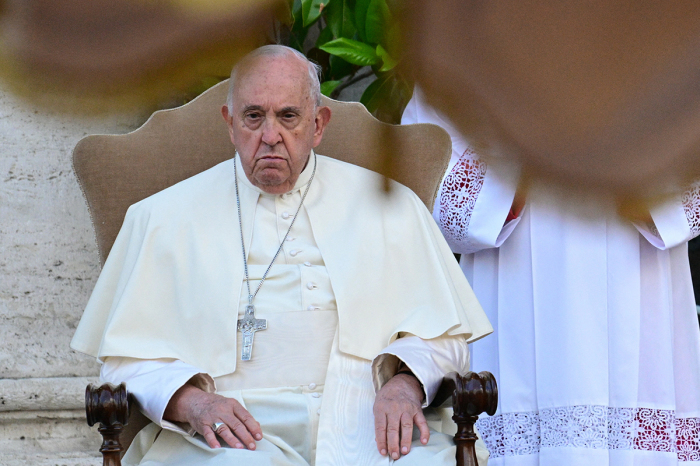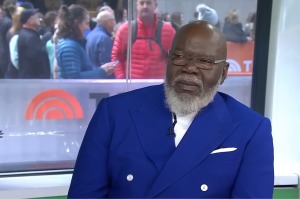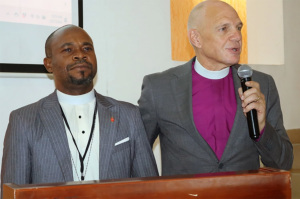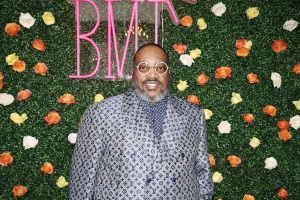Pope Francis expresses concern over Ukraine's ban on Russian-linked church

Pope Francis has expressed concern over a newly passed law in Ukraine that bans groups with historic ties to the Russian Orthodox Church, seeing it as an attack on religious freedom.
In official remarks on Sunday, the head of the Roman Catholic Church said he was “thinking about the laws recently adopted in Ukraine” regarding Orthodox churches.
“I fear for the freedom of those who pray, because those who truly pray always pray for all,” said Francis. “A person does not commit evil because of praying.”
“If someone commits evil against his people, he will be guilty for it, but he cannot have committed evil because he prayed. So let those who want to pray be allowed to pray in what they consider their Church. Please, let no Christian Church be abolished directly or indirectly. Churches are not to be touched!”
On Saturday, Ukrainian President Volodymyr Zelensky signed a law banning groups that had ties to Russia, claiming that it's part of a national security measure.
The law effectively bans the Ukrainian Orthodox Church, which has historic ties to the Moscow patriarch but announced that it was severing those ties in May 2022 in opposition to the war.
The new ban does not apply to the Orthodox Church of Ukraine, which was officially recognized by most global Orthodox Church leadership in 2019 and is independent of Russian influence.
“Ukrainian orthodoxy today is taking a step toward liberation from the devils of Moscow,” stated Zelensky in an address made Saturday evening, according to CNN.
The new law will give entities like the UOC nine months to sever ties with Russia or be shut down. While the UOC already technically did so in 2022, Ukrainian authorities claim that the links remain.
Since Russia launched its invasion of Ukraine in 2022, multiple allegations have surfaced of UOC-affiliated clergy and facilities helping spread pro-Russian propaganda.
Last week, the Verkhovna Rada, Ukraine’s Legislature, passed the bill, with lawmaker Iryna Herashchenko calling it “a historic vote” that “bans a branch of the aggressor country in Ukraine.”
Wesley J. Smith, chair of the Discovery Institute's Center on Human Exceptionalism, contends that the new law violates the religious freedom of churches that want to remain with the UOC.
"The dispute about whether the Ukrainian Orthodox Church or the Orthodox Church of Ukraine legitimately represents Ukrainian Orthodoxy is a matter for the Orthodox Church to work out," wrote Smith for National Review.
"But the government of Ukraine should not decide which church is 'legitimate' and which is not, which can operate openly and which should be suppressed."





























